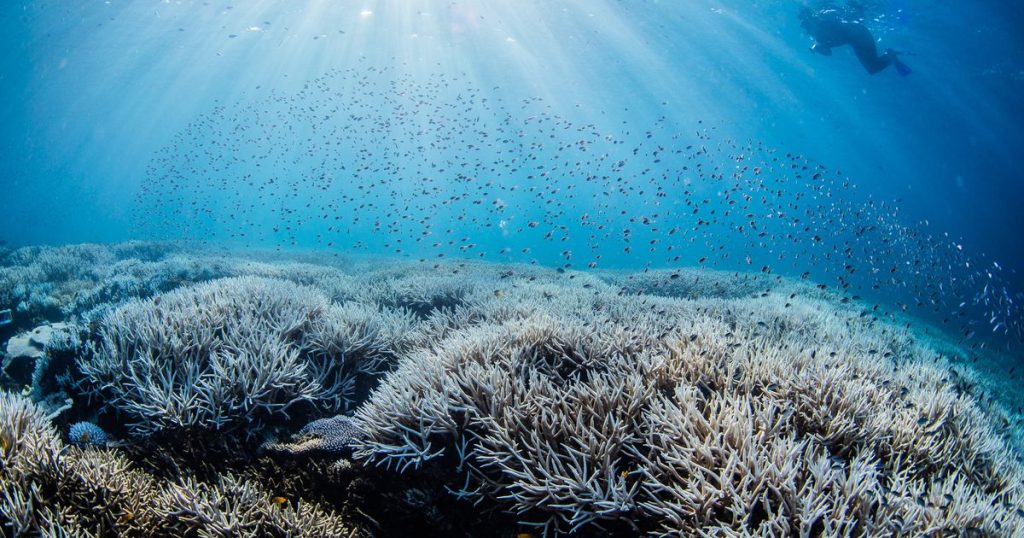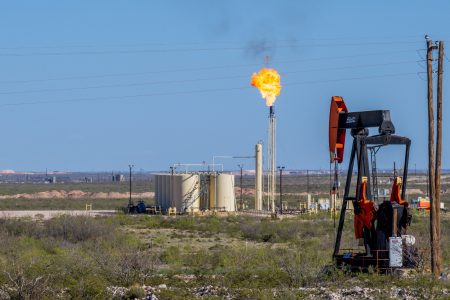Australia’s Great Barrier Reef is currently experiencing one of the most severe coral bleaching events in recorded history as a result of extreme temperatures and oceanic heat. The Australian Institute of Marine Science recently conducted a survey of the reef and found that around 75% of the reefs surveyed showed signs of prevalent bleaching. Aerial photos released highlight the widespread devastation, with white, bleached corals visible in many areas of the reef. This event marks the fifth mass coral bleaching event in the past decade, with climate change being identified as the primary driver behind the increased frequency and severity of such events.
Climate change remains the biggest threat to coral reefs globally, according to David Wachenfeld, the research program director at the Australian Institute of Marine Science. The increased frequency and severity of marine heatwaves due to climate change have led to shortened recovery windows for corals from bleaching and other disturbances. Coral bleaching occurs when the delicate structures are stressed by a change in temperature, causing the corals to expel the colorful algae inside them and turn ghostly white. In recent bleaching events along the Great Barrier Reef, large swaths of corals have died, further highlighting the vulnerability of these delicate ecosystems.
The Great Barrier Reef has shown resilience in recent years, with increases in coral cover indicating a healthy system. However, the extent of the current bleaching event suggests that this resilience has its limits. The outbreak of coral-eating crown-of-thorns starfish and two cyclones this year have added to the stress faced by the Great Barrier Reef. Scientists will continue to monitor the reef closely to assess the extent of the damage caused by the ongoing bleaching event, which is one of the most extensive in almost 40 years of monitoring by the Australian Institute of Marine Science.
The National Oceanic and Atmospheric Administration has confirmed that the global mass bleaching event is not limited to the Great Barrier Reef, with impacts stretching from the Caribbean to Brazil, through the South Pacific, and into the Red Sea and Persian Gulf. This fourth global mass bleaching event on record highlights the urgency of addressing climate change and its impact on coral reefs worldwide. The severity and widespread nature of the current bleaching event serve as a global wake-up call, emphasizing the need for immediate action to protect these vital ecosystems.















